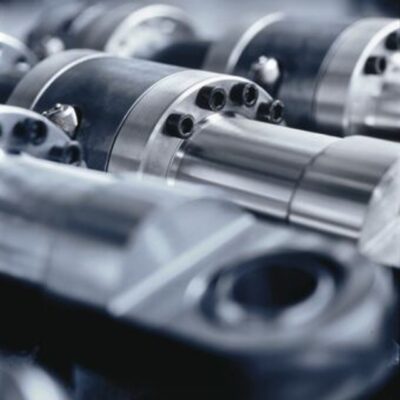Fluid Testing & Oil Recycling Facilities
At Kernow Oils, our Fluid Testing & Oil Recycling Facilities help businesses across Cornwall and the South West reduce waste, control contamination, and extend lubricant life. From on-site sampling to laboratory oil analysis and environmentally responsible recycling, we ensure your fluids perform at their best while helping you achieve sustainability goals.

Why fluid testing and recycling matter
Industrial fluids are the lifeblood of your machinery — but contamination, degradation, or incorrect viscosity can cause costly breakdowns. Regular testing and proper recycling prevent performance loss, protect equipment, and reduce environmental impact.
- Prevent unplanned downtime: Early detection of water, metal, or oxidation contamination.
- Reduce costs: Maximise lubricant lifespan through analysis and reclamation.
- Stay compliant: Meet EA and HSE waste management standards.
- Protect the environment: Safe collection and recycling of used oil and coolants.
- Enhance reliability: Maintain consistent fluid quality for smoother operations.
With Kernow Oils, you can maintain peak efficiency and reduce your carbon footprint through sustainable fluid management practices.
Our Fluid Testing & Recycling Process
- Sample Collection: Trained technicians collect oil or coolant samples on-site following strict cleanliness protocols.
- Laboratory Analysis: We analyse each sample for contamination, wear metals, water ingress, pH, and oxidation stability.
- Condition Report: Receive a full diagnostic report with actionable insights and recommendations.
- Reconditioning or Replacement: Oil recycling through filtration, centrifuge, or dehydration extends service life and reduces waste oil output.
- Monitoring & Ongoing Support: Scheduled re-testing ensures long-term system health and sustainability compliance.
Key Parameters We Test
Key Parameters We Test
- Viscosity (ISO grade verification)
- Water content (Karl Fischer / demulsibility)
- Oxidation and acid number (TAN/TBN)
- Particle contamination (ISO 4406 cleanliness)
- Metal wear content (Spectrometric analysis)
- pH and bacterial load (for emulsions and coolants)

Case Study – Recycling Success at WestCo Engineering
Challenge: Hydraulic systems showing varnish buildup and frequent oil changes.
Solution: Implemented monthly fluid analysis and on-site oil recycling using portable filtration systems.
Result: Reduced oil consumption by 40%, extended drain intervals from 6 to 12 months, and improved machine reliability.
“Thanks to Kernow Oils’ recycling service, we’ve saved thousands on disposal and oil costs while meeting ISO cleanliness targets.” — Maintenance Supervisor
Common Fluid Testing FAQ's
How often should oil or coolant be tested?
We recommend testing every 3 to 6 months depending on system type and operating hours. Critical systems may benefit from monthly monitoring.
Can used oil really be recycled effectively?
Yes — with modern filtration, dehydration, and centrifuging, oil can be restored to near-new condition, cutting waste and costs.
Do you provide sample kits for self-testing?
Yes — we supply easy-to-use fluid sampling kits that include bottles, labels, and instructions for regular monitoring.
Is this service suitable for small workshops?
Absolutely. We support businesses of all sizes, from small garages to large industrial plants, with scalable testing and recycling programmes.
Ready to improve your fluid performance and sustainability?
Contact Kernow Oils for professional Fluid Testing & Oil Recycling Services. Our team will collect samples, analyse performance, and help you recycle oil safely and cost-effectively.
Book Your Fluid Test or Recycling Consultation
Tel: 01736 757002 · Email: info@kernow-oils.co.uk
Related:
CoolantCare Service ·
Industrial Oils ·
Bespoke Lubricant Solutions ·
Why Regular Oil Analysis Matters (Blog)